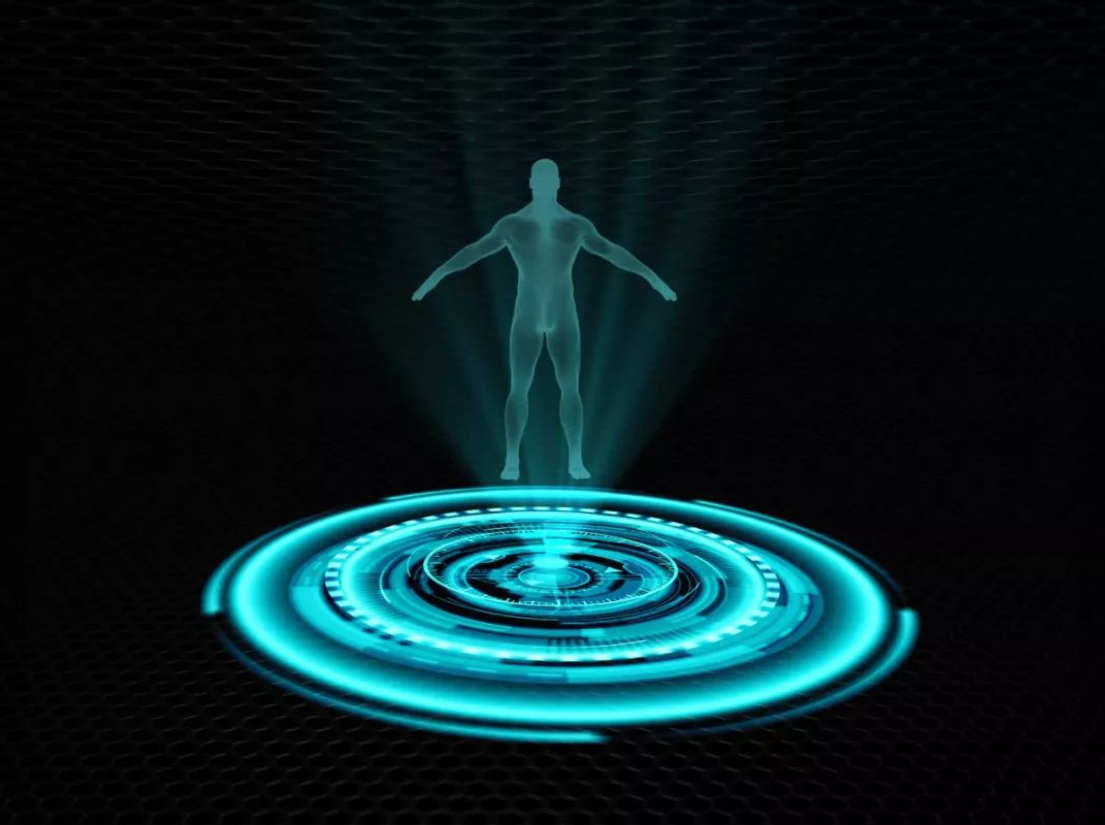
Alzheimer's disease has long been considered a degenerative disease caused by aging, but what can be explained by the emergence of diagnosed cases in people in their 20s and 30s? Serious lack of sleep can lead to health damage and even life-threatening,
why overseas a patient with Movan syndrome did not sleep for several months but everything was normal? After accidental brain injury, patients with severe depression for more than 10 years have completely healed themselves, and patients with untaught painting after brain surgery have made rapid progress. What is the reason?
Yesterday, at the 2024 Global Rare Disease Research Forum and China Rare Disease Research and Translational Medicine Conference, Tianqiao Brain Science Research Institute (TCCI) announced the launch of the Special case international academic community and the release of the "Gold Star Exploration of Life Science" funding support plan.
"The idea came from Chinese clinicians," said Chen Tianqiao, founder of TCCI. "We hope to fund and support doctors around the world to find special cases and collaborate with neuroscientists, cognitive scientists and artificial intelligence scientists for cross-cutting research."
It was Professor Zhao Chongbo, vice president of Huashan Hospital and a renowned neurologist, who proposed the concept of "exploring the Venus of life sciences". He said: "Venus rotates in the opposite direction to the other planets in the solar system, and the study of it has made many astrophysical advances. I'm confident that in the life sciences, this kind of personality research will yield surprising results."
Professor Xu Yifeng, director of the Brain Health Research Institute of the National Medical Center for Mental Illness, said that special cases are different from rare disease cases and difficult disease cases, the key is whether it is special enough, and whether the research can find new horizons and blind spots in basic research and clinical research, and produce new breakthroughs.
He introduced that the first batch of internal soliciting of the "Gold Star of Exploration of Life Sciences" funding support program received more than 20 domestic and foreign cases, and under the premise of ensuring compliance with medical ethics regulations,
five grants were determined after review by the expert committee. For example, a patient who was born with a complete absence of the corpus callosum, the function of the left and right brain was split, and there was no difference between learning,
working and living with normal people for decades, which is very special. The study of this case provides a rare opportunity to explore the compensatory mechanism of the left-right brain connection and understand the plasticity of the brain.
Another example is that a research object is an autistic patient with photographic memory ability, looking forward to in-depth research to uncover how the human brain achieves super memory ability.
The same batch of funding also received three follow-up projects such as narcolepsy and schizophrenia comorbidity, early-onset temporal lobe dementia, looking forward to studying these special cases to explore new ways to treat brain diseases.
Xu Yifeng introduced that the international academic community of Special cases has organized an expert committee to review the cases reported by doctors every three months. The funded projects are divided into three levels,
the follow-up type is less than 50,000 yuan, mainly to collect complete case data. 100,000 to 300,000 yuan for research, more than 300,000 yuan for in-depth research, funding collaborative research by doctors and interdisciplinary scholars.
It is revealed that the founders of TCCI, Chen Tianqiao and Mr. And Mrs. Luo Qianqian, especially proposed to provide additional humanistic care such as economic subsidies for special patients who cooperate with the research.
A second call for funding support will be launched in July for current and past neurological and psychiatric case leads.
In addition to financial support, the International Academic Community for Special Cases provides academic support for selected special cases, including organizing international case report sharing and academic seminars,
and supporting the publication of medical papers. The community will use technical means to strictly protect the privacy of cases and data security, and will also invest in self-developed AI models to strengthen research and analysis capabilities.Extremely unique and innovative ideas
During the preparation of the international academic community for special cases and the internal collection of the project, it has received high interest and praise from the medical community at home and abroad.
Xiang Qian, tenured professor and clinical director of pain and neurosurgery at Stanford University, said: "This line of thought is also extremely unique and innovative on an international scale.
I am very much looking forward to the community gathering interested clinical and related scholars from around the world to share and collaborate on research around these extremely valuable cases."
Professor Zhao Min, president of the Shanghai Mental Health Center, said that Finis Gage, one of the most famous patients in the history of neuroscience, was damaged by an iron rod through the skull and destroyed the frontal lobe.

